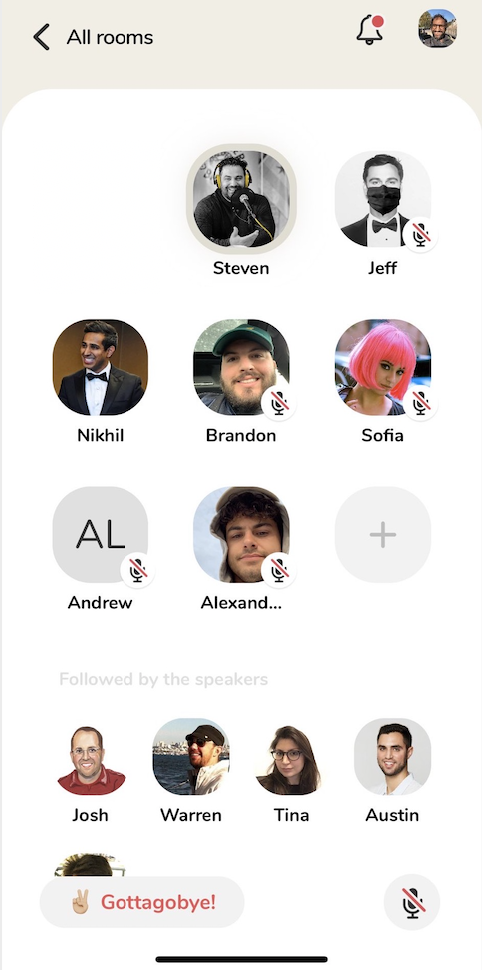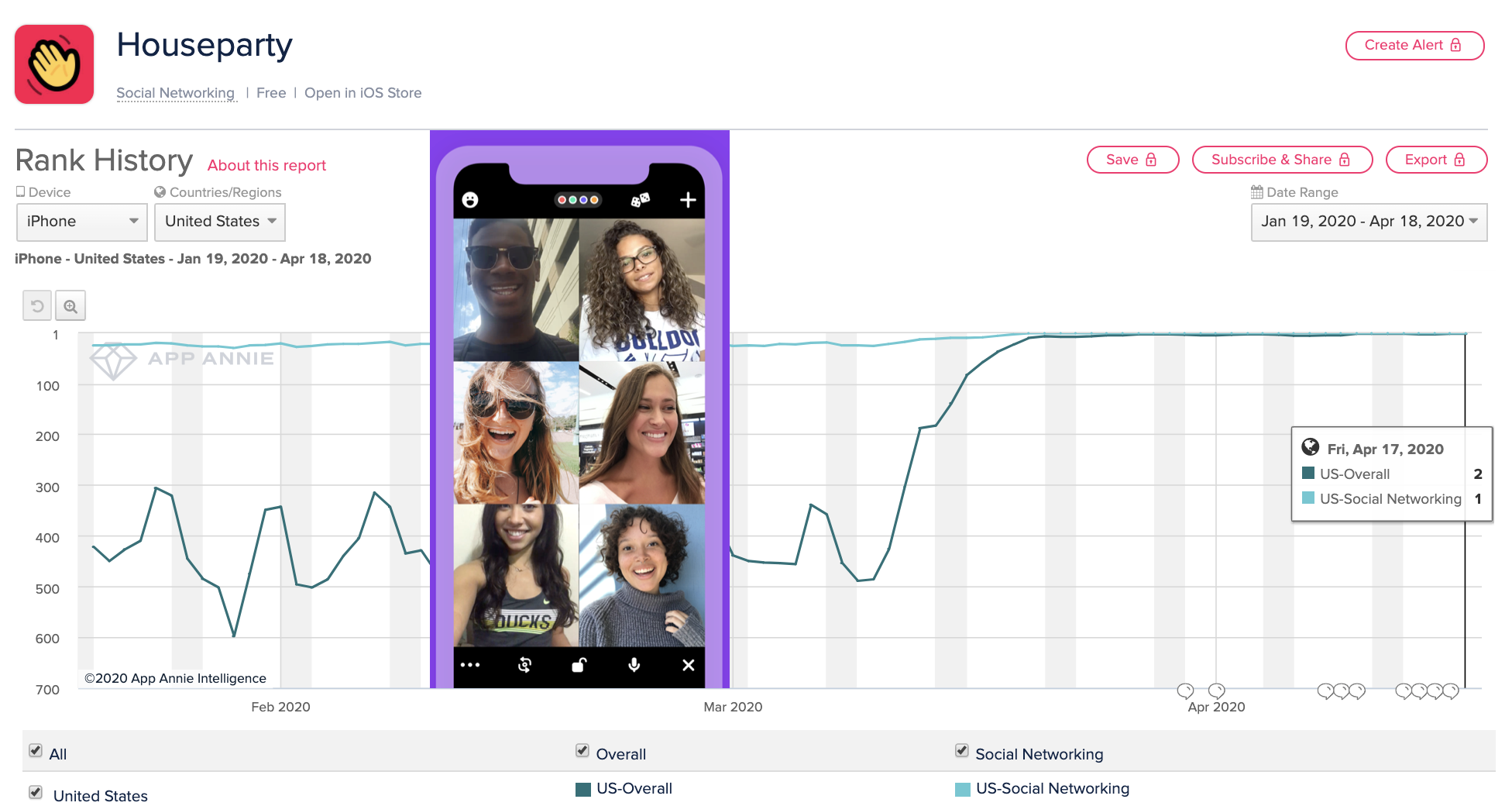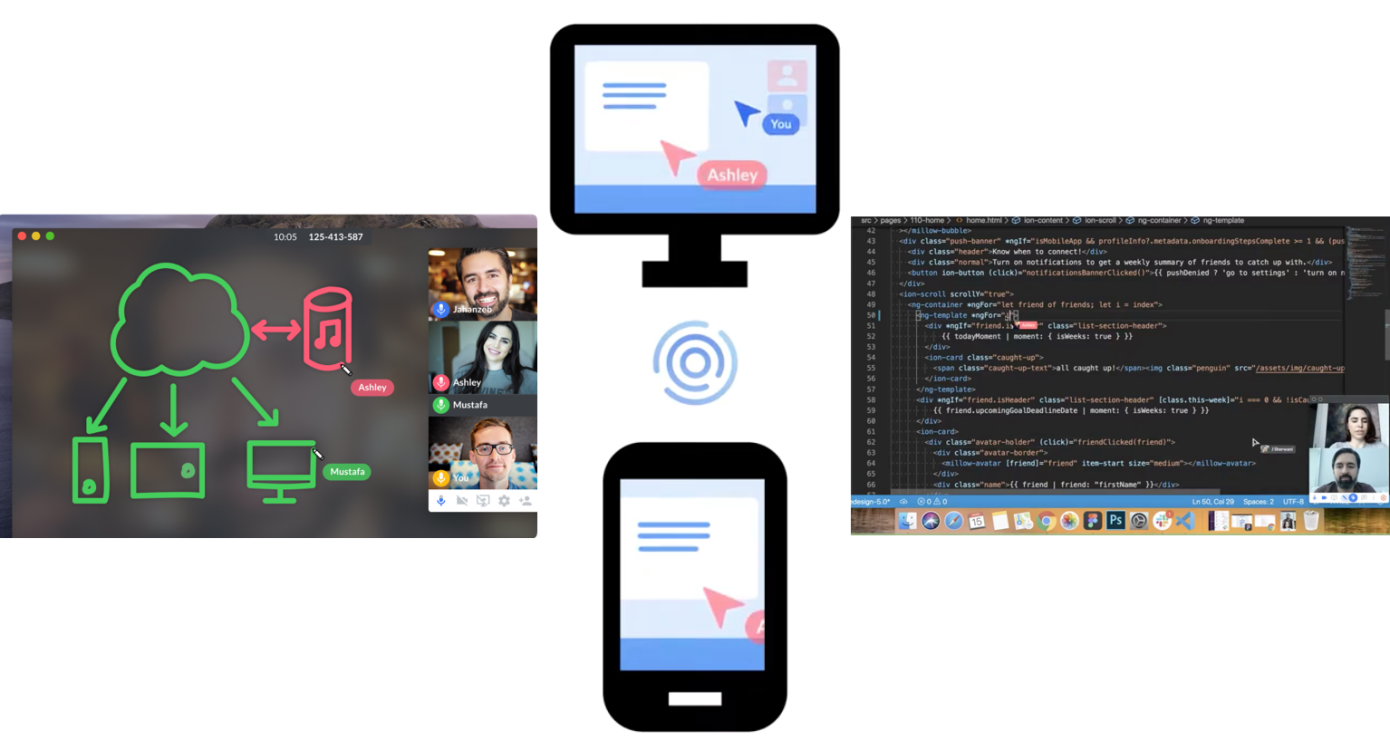The COVID-19 pandemic is doing a number on the world’s economy. If you are facing job cuts, layoffs, or have a similar reason to look for new work, these new websites are helping ease COVID-affected unemployment.
Businesses both big and small have to cut costs in this economic climate. But working from home, remote jobs, and even part-time gigs can smoothen the bumps. While it’s a tough situation, don’t wait for things to get worse. Be proactive from today.
These free websites will help you handle layoffs and find current job boards. You can also search Twitter for job postings and learn how to get into one of the longest-lasting “work online” job types—transcription.
1. Candor (Web): Layoff Hiring List and a Guide to Handle Layoffs
![Candor tells you how to handle layoffs and lets recruiters find you]()
Before making another move, check Candor’s guide to company layoffs. You’ll learn what you can expect, the legal aspects, your final pay and severance check, and other details that HR might not tell you. All of this is part of Candor’s larger goals to help people get paid what they should be.
Then register on Candor’s Layoffs List. It asks for basic details like your name, location, role, past companies, a short bio, and a photo. Add a resume as an attachment or link to your LinkedIn page. Candor becomes a job board for recruiters looking to do their bit by hiring someone affected by the global economic downturn.
Finally, check out Candor’s Hiring Freezes List. It hosts a regularly updated spreadsheet of companies, their current status about whether they’re hiring, have frozen hiring, or have layoffs. You’ll also find user-contributed notes and a link to their job profile pages.
2. Levels.FYI Still Hiring (Web): World Map With Verified Checks of Who’s Hiring
![Check Levels.FYI's map of companies still hiring during the covid-19 pandemic]()
Salary comparison engine Levels.FYI has also curated a list of companies that are still hiring. In a heartening move, the team behind it is checking regularly with companies on it to ensure the list is up-to-date. Outdated listings are a common problem and this is an excellent effort to avoid wasted time for applicants.
In one glance at the list, you can see the company, the roles it is hiring for, and the locations. Each company has a “last updated” timestamp so you know when the team has checked in. You’ll find a direct application link as well. You can sort the list by roles, or use the powerful search function to find keywords.
Interestingly, Levels.FYI has a world map showing where these roles are available. While work-from-home is a necessity right now, in the near future, you should be able to go back to the office when required. This map shows you opportunities by their location, for both remote and non-remote jobs.
3. WFH Pad (Web): Entry Level Jobs for Work-From-Home Applicants
![WFH Pad lists short-term gigs and long-term jobs for entry-level remote workers]()
Entry-level jobs are difficult to come by, especially those that let you work from home. If there’s one positive to this forced isolation, it’s that people and companies are realizing they don’t need an office. WFH Pad rounds up work-from-home opportunities in entry-level positions.
WFH Pad divides its boards into two types of jobs. “Always Hiring Gigs” lists opportunities for short-term work to tide you over during the pandemic, or earn a side-income in tough times. Short-term gigs are best if you don’t live in the USA, as you will find a wider variety of “work from anywhere” positions.
“Long-Term Jobs” is for those who want to shift completely to online or remote working, but are still new in their chosen profession. Usually, these positions are available for US or Canadian citizens, but there are a few exceptions.
4. Find Me Gigs (Web): Automated Twitter Search for Job Postings
![Find Me Gigs automatically searches for job postings on Twitter and sends you an email with the top 5 options every day]()
Not every recruiter or company posts jobs online. A lot of bosses look at the unfolding situation and tweet about their requirements. You must have come across these #hiring posts from time to time, but there must be so many that you’re missing. Find Me Gigs is here to save the day.
This smart web app sends you a daily newsletter with jobs you’re interested in. While signing up, you’ll have to add search terms for jobs that you’d like to check out. You can restrict them to remote jobs or be open to local gigs. Go through the tips for search terms before you start to add the right keywords for your interests.
Every day, Find Me Gigs will send an email with tweets about jobs that match your criteria. The tweet excerpt is in the email, but it’s always a good idea to visit it to see the replies. Job posters often clarify further needs as people interact and ask questions.
The basic plan is free and gives you five jobs a day. You can pay for 100 job listings per day in the unlimited or job seeker packages.
![Transcription Essentials tells you how to get into online transcription work and offers job boards too]()
One of the most common work-from-home jobs on the internet is transcription. This includes audio and video transcription, as well as subtitling work for YouTube creators and other content makers. Before you jump into it, register at the Transcription Essentials Forum and heed their advice.
The forum has a number of how-to guides, recommended tools, tips and tricks, and job postings. Whether you’re starting with a catch-all mass transcription website like Rev or looking for a specific field, you should know what you’re getting into. The community is helpful, but do read the sticky and essential posts before asking new questions.
Transcription services are ideal for anyone with a grasp of legal or medical experience. These two fields form a large percentage of online transcription services, and you’ll get more assignments if you’re making fewer mistakes. Needless to say, you also need to be able to research new terms and proof-read what you write.
The Best Companies and Boards for Remote Jobs
Sure, there are new websites to help you tackle the uncertain job market during this global pandemic, but you can also rely on the classics. Job boards like Remote.co and We Work Remotely have been listing work-from-home opportunities for years now.
In fact, a lot of leading companies across the world also hire remote workers. This includes big names like Apple, Wikimedia, GitHub, DuckDuckGo and others. Check out this list of the best companies that offer remote working jobs to find your next gig.
Read the full article: 5 Job Boards to Find Work From Home Gigs and Remote Jobs
from MakeUseOf https://ift.tt/3apylkt
Susan D'Agostino / Quanta Magazine:

 The most buzzy of these startups is Clubhouse, an audio-based social network where people can spontaneously jump into voice chat rooms together. You see the unlabeled rooms of all the people you follow, and you can join to talk or just listen along, milling around to find what interests you. High-energy rooms attract crowds while slower ones see participants slip out to join other chat circles.
The most buzzy of these startups is Clubhouse, an audio-based social network where people can spontaneously jump into voice chat rooms together. You see the unlabeled rooms of all the people you follow, and you can join to talk or just listen along, milling around to find what interests you. High-energy rooms attract crowds while slower ones see participants slip out to join other chat circles.


















